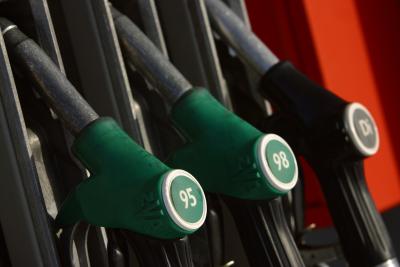
When shopping for a car, you must weigh all the options available, including whether to choose a model with a gasoline or a diesel engine. The two engines differ when it comes to fuel prices, engine noise, fuel efficiency and method of combustion.
Both diesel and gasoline engines are internal combustion engines, which generate mechanical energy by burning fossil fuels with an oxidizer.
In a gasoline engine, the mixture of fuel and air is pulled into a cylinder, which is closed off. The piston thrusts upward to create compression, and a spark ignites the mixture, creating combustion and thrusting the piston back down to create mechanical energy.
The diesel engine works on basically the same principle. The key difference is that the high compression ratio in a diesel engine allows the air to heat up in the cylinder enough to ignite the fuel without a spark. Diesels also need to be water-cooled because of their high operational temperature.
Other differences between diesel and gas engines are structure and speed control. Gas engines are lighter than diesels, and speed is controlled by increasing or decreasing the amount of air admitted into the cylinder. Diesel engines are considerably heavier and noisier, and they control speed based on how much fuel is in the cylinder. Diesels, however, get better mileage than gas-powered cars.
Diesel fuel is usually more expensive than gasoline, but also more efficient. While diesel used to produce more smog-producing byproducts, new regulations are requiring diesel engines to match gas-engine emissions standards.